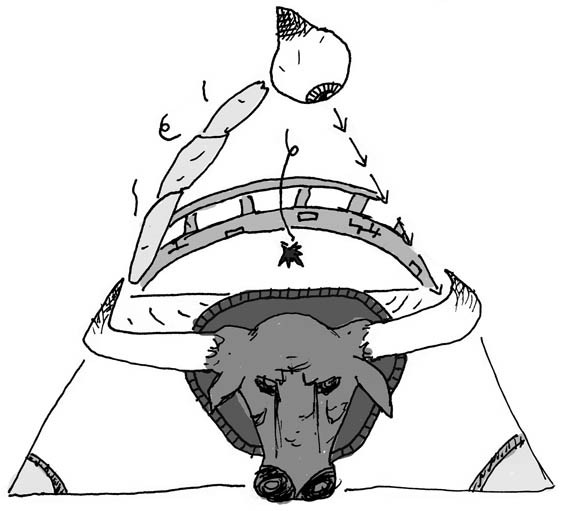No Easy Poems
Sheryda Warrener’s Hard Feelings Tough Yet Tender
Hard Feelings, Sheryda Warrener’s debut poetry collection, is broken down into four sections, each one with its own unique tone. The sections show Warrener at work in a number of different domains as she exercises with and enlists various poetic muscle groups.
The first section, “Ordinary & Remarkable,” contains the book’s strongest poems and at times feels like a veritable hit parade of poetry. It is worth the price of admission alone, as Warrener’s speakers variously explore a one-eyed acquaintance’s empty eye cavity, the alienating appeal of trivia, the running of the bulls in Pamplona and the pitfalls of working as a taxidermist, among others. Each new page seems to deliver a poem better than the last; it’s a rare and remarkable feat of concentrated linguistic prowess.
The next section, “Mother/Father,” features Warrener scaling back the feeling of intellectuality and emotional disengagement that “Ordinary & Remarkable” pulled off so well and composing a series of short alternating poems exploring her parents’ divorce from both sides of the equation. Though none of these poems individually approach the heights of the ones in the first section, that’s clearly not the intent.
Rather, Warrener achieves her effect through the dialect between the two worlds the mother and father inhabit—the past and the present. Set against the backdrop of separation, her forays into their long-gone romance (in particular a poem about her father learning to make pie crust) are all the more heartbreaking.
From the midway mark forward, however Warrener’s poems have trouble keeping up with the first half’s incredible pace. The third section, “Unequal Hours,” is a thread of one-off poems about various cities worldwide—in Canada, Japan, Mexico, Spain and Argentina—from the perspective of a tourist.
It’s an intriguing concept, but the strength of the first two sections leave this one feeling like a bit of an also-ran in comparison, although “Bridge,” set in Yamanaka-ko, Japan, provides perhaps the most memorable image of the collection: “I peer over the railing,//only to find the water reflecting/my cold face, hands. Leaves,/a smudge of red around me, seem/to fly up instead of fall.”
The final section, “Last Door,” is a prose poem that stretches for eight pages and is set in the American Southwest. It may be hard to parse for a city-slicker; lines like “Bones, mesa, sage, sky.” hint at both the ephemeral poetry and the mute impenetrability of the terrain, and the poem carries those qualities with it.
Hard Feelings is a bit of a mixed bag, but the intensity of the top-heavy sense I get from it is due only to the truly impressive quality of the first section and the
touching emotional poignancy of the second. It’ll be exciting to see where Warrener goes from here, but Hard Feelings should help to cement her reputation as a poet to watch.
This article originally appeared in Volume 31, Issue 20, published January 25, 2011.


